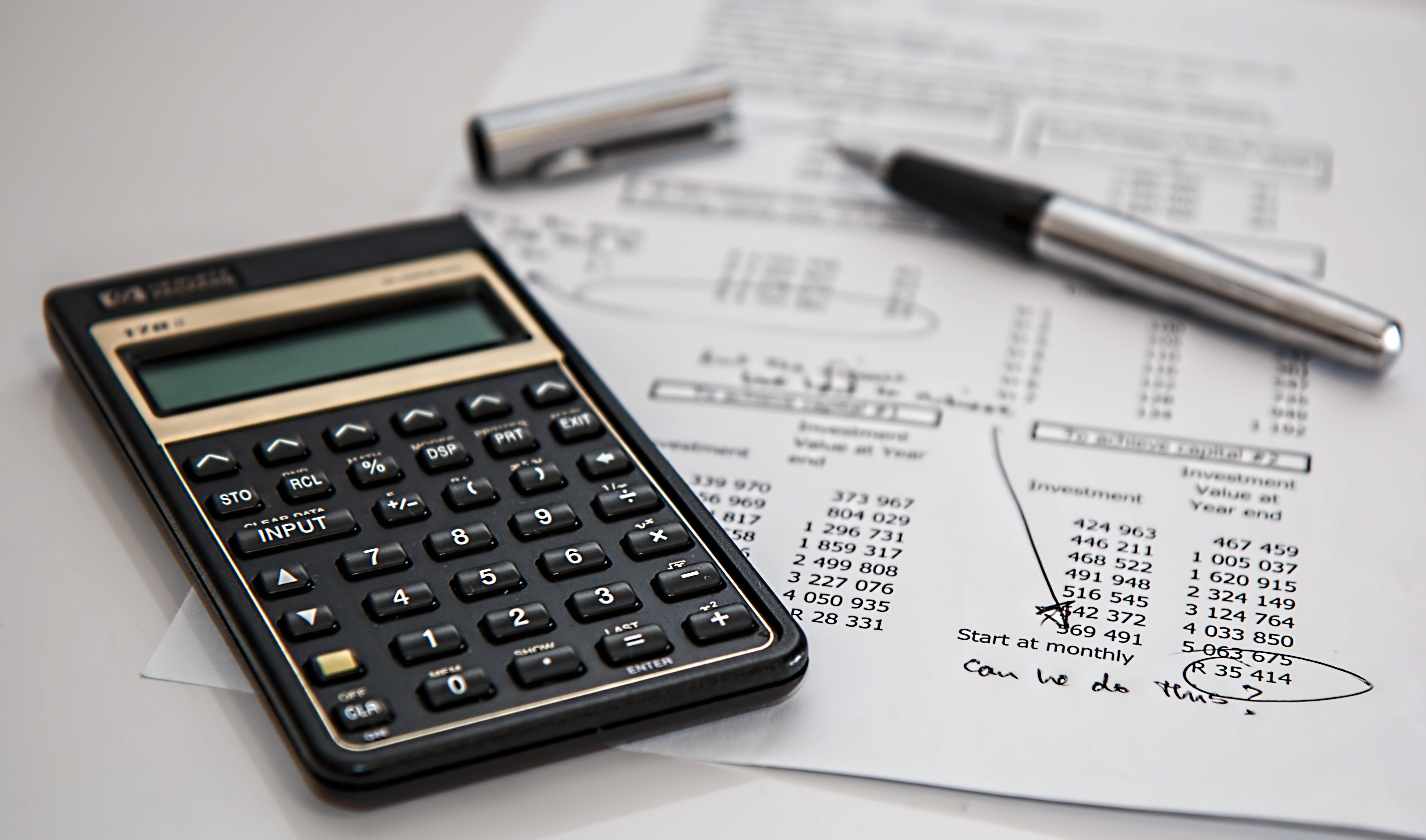In the last two decades alone, technology has transformed how we bank, invest, manage our finances and handle day-to-day tasks. The recent financial industry changes have been so dramatic as to render accounting and finance almost unrecognizable from what they were before computers. Do you have a challenge finding the best accounting homework help? Look no further. Experts are here to help you. In this post, we'll explore some of these trends that are revolutionizing business in this sector.
Big Data
The biggest technology trend in finance and accounting is the need to understand the available data for analysis. Big data is a term referring to the large amount of data that can be collected.
Big data, developed over the last few decades, has given rise to a whole new industry - business intelligence (BI). BI is essentially about making sense of complex sets of information, analyzing them, and making decisions based on this analysis.
It would entail a researcher evaluating data from various sources, applying basic analytics to uncover patterns, and then concluding on important takeaways.
The need for business intelligence is most urgent in the era of big data. Big data has been helping to drive technology in finance and accounting, giving rise to a whole new business approach. It is made possible by the massive amounts of information that are now being collected every day by banks, corporations, and small businesses alike.
Better computing power
The increased computing power available today is also a technology trend in finance and accounting. The exponential growth of computing power has enabled large amounts of data to be analyzed by accounting and financial software. For instance, processing that used to take days can now be accomplished in minutes or even seconds. One reason for this is the invention of more sophisticated algorithms that can handle more complex calculations in less time.
Sensor Technology
Today, technology is also being used to enable sensor-based accounting. Such technology can be used for things like retail point-of-sale (POS) terminals or even ATMs.
This point-of-sale software has now evolved to include a range of accounting features - including loyalty programs, the ability to handle multiple currencies, and even the provision of self-service functions.
Artificial Intelligence
Artificial Intelligence (AI) has been used for years in fields like computer games. However, developments in AI have made this technology available for a wide range of applications - including accounting. For instance, we can use AI to help process large sets of data and then decide based on the analysis.
Robotics
With software and hardware getting smaller, it is only natural that robotics will also become part of this development. The last few decades have seen the use of robots in the manufacturing industry - like assembling cars. Robots are also being used in warehouses to assist with picking and packing. It is only a matter of time before robots are used for accounting and finance operations as well. There are robotic process automation (RPA) systems being developed that can be used to automate repetitive tasks, freeing up employees to do more important work. RPA is also cost-effective and can be used for a wide range of repetitive and time-consuming tasks.
IoT - Internet of Things
Technology has certainly changed the way that accounting and finance work. However, with the right set of technology tools, these changes can make accounting and financial management processes more efficient. This is why it's important to seek out the right technology for your business.
Conclusion
Artificial intelligence is already being used in accounting and finance, with many firms such as Deloitte leveraging this to improve their offerings. With big data already being analyzed, it's only a matter of time before robots, and other artificial intelligence forms become part of the development landscape.












No Comments